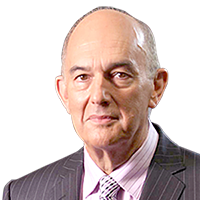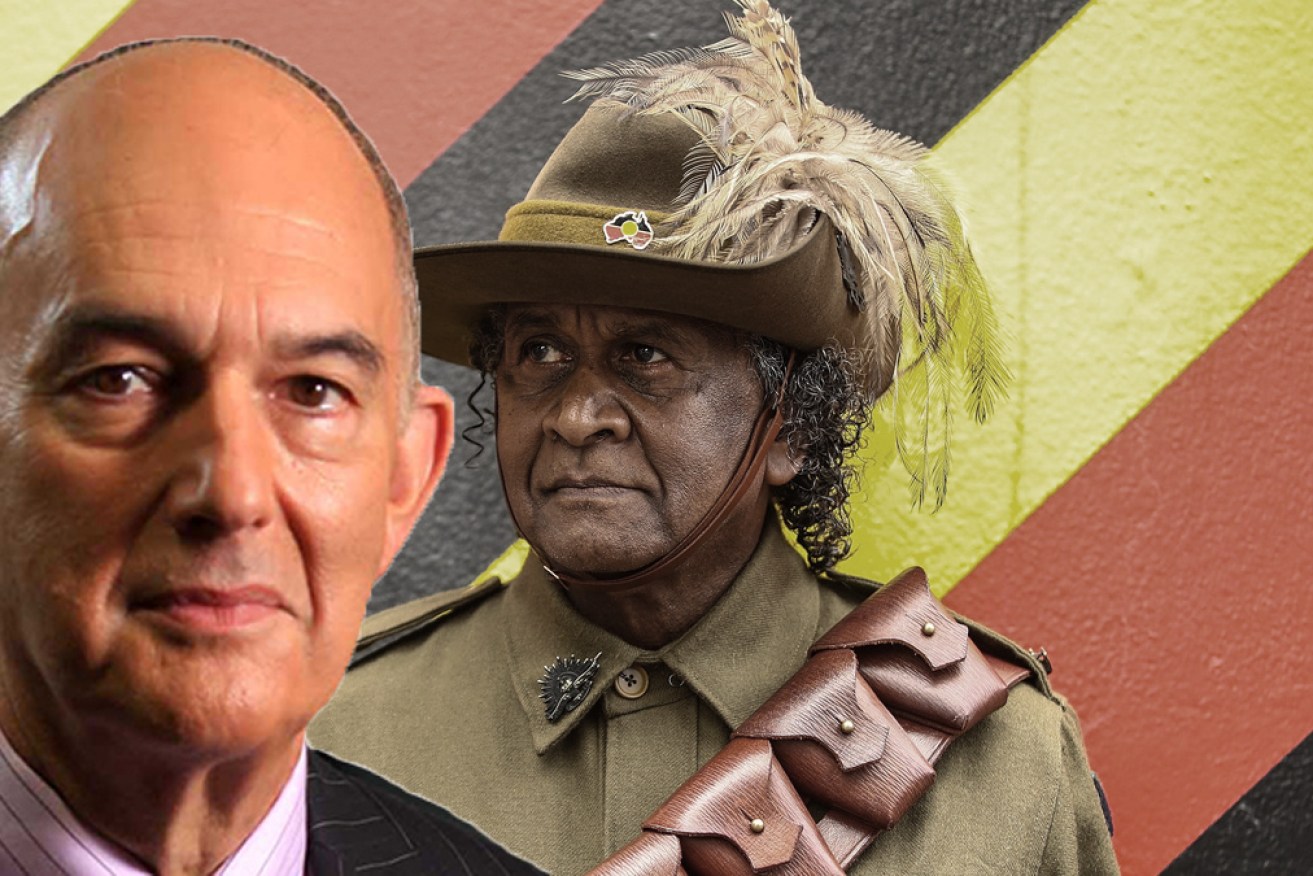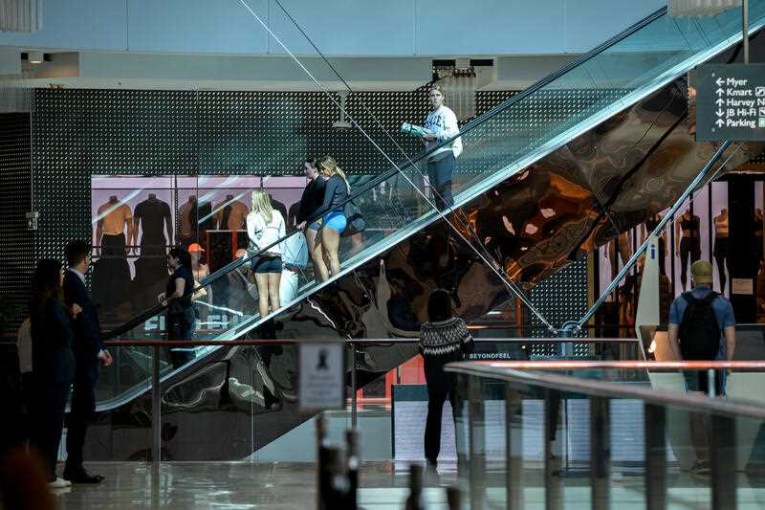Paul Bongiorno: Leaders commemorate Anzac Day but still whitewash wars on home soil


Little has been done to address years of inaction on Indigenous injustice, Paul Bongiorno says.
Three days after the nation paused to remember and honour its war dead, Labor’s Anthony Albanese has arrived at Uluru to pay his respects to a war dead we would rather keep forgetting.
Uluru is the name the first peoples give to the massive rock at the centre of the continent they see as the heart of the land that has nurtured them for 60,000 years.
It is now almost four years since their representatives came from all over Australia to craft the Statement From The Heart, which is their blueprint for recognition founded on a grim historic truth no longer deniable.
Healing can only come from facing up to the bloody frontier wars where thousands of Indigenous people died defending what was theirs from “time immemorial” but denied by invading settlers who showed them the contempt of “Terra nullius” – a land occupied by nobody worthy of the respect due to them as traditional owners.

Anthony Albanese will affirm Labor’s support for Indigenous recognition in the constitution and a voice to Parliament. Photo: AAP
In a speech at the National War Memorial earlier this year, Mr Albanese recalled those Indigenous Australians who donned the khaki uniform to fight for “a nation that was not prepared to fight for them”.
He said: “They fought for a continent for which their own people had fought during the frontier wars, wars we have not yet learned to speak of so loudly. They too, died for their loved ones. They too, died for their country. We must remember them just as we remember those who fought more recent conflicts.”
The Labor leader makes the trip to central Australia armed with the endorsement of the party’s recent national conference, which affirmed its support for constitutional recognition “including an enshrined voice to the Parliament as outlined in the Uluru Statement from the Heart”.
The Labor platform speaks of a partnership with “First Nations people … to develop a concrete proposal for constitutional recognition” and says it will work to foster public support for change.
Some Labor strategists worry that this sends a distracting message to voters caught up in the pandemic.
Worried about their own families’ futures, they point to the Prime Minister’s regained approval ascendancy in the latest Newspoll as indicative of other more pressing priorities with voters.
One senior Labor figure says boldly attempting to right historical wrongs is what you do once you have gained the treasury benches and won the trust of all voters that you have their wellbeing top of the list.
Scott Morrison, though, is backpedalling.
Despite pledging bipartisan co-operation to achieve Aboriginal recognition, he has rejected a constitutional “voice” – instead talking of merely legislating it.
The promised referendum this term is now a desert smoke signal blown away by an ill wind.
Not everyone in the parliamentary Liberal Party is impressed.
Veteran Victorian Liberal Russell Broadbent in a recent podcast said the call “for truth and justice can no longer be ignored”.
“We need to listen humbly to what is wanted and needed by the first peoples,” he said.
Mr Broadbent believes Australians are receptive to the “gift of grace and goodwill Indigenous leaders showed in the Uluru Statement”.
Not all of his colleagues agree. But the worldwide reaction to a white policeman’s murder of the African-American man, George Floyd, triggered similar sentiment – and protests in this country that our “Black Lives Matter” just as much.

The Black Lives Matter movement and recent 30th anniversary of the royal commission show urgent action remains to be taken. Photo: AAP
The 30th anniversary of the Aboriginal Deaths in Custody royal commission with its unfinished business and 400 deaths in the meantime gives even more urgency to this cause.
The Uluru Statement pointed to the fact that “proportionally, we are the most incarcerated people on the planet,” and yet it laments “we are not an innately criminal people”.
These leaders point to the structural nature of the problem worsened by “the torment of our powerlessness”.
Mr Albanese agrees, quoting the observation of prominent Black leader Mick Dodson: “The reality is that how you feel about yourself and whether you feel your culture and your history is acknowledged and respected is a key part of facing your problems and being able to turn things around.”
The politics of the issue may be murky, but who can disagree with Mr Broadbent when he says “we need to set matters to right honestly and if we do not, we remain a diminished nation and cannot truly move forward”.
Paul Bongiorno AM is a veteran of the Canberra Press Gallery, with 40 years’ experience covering Australian politics








